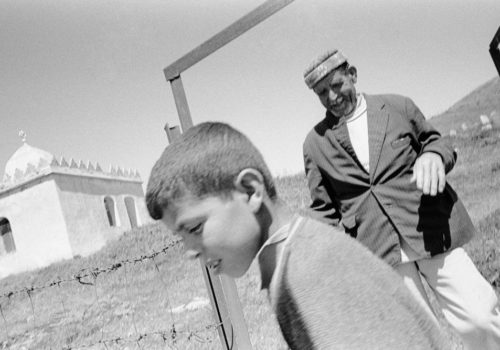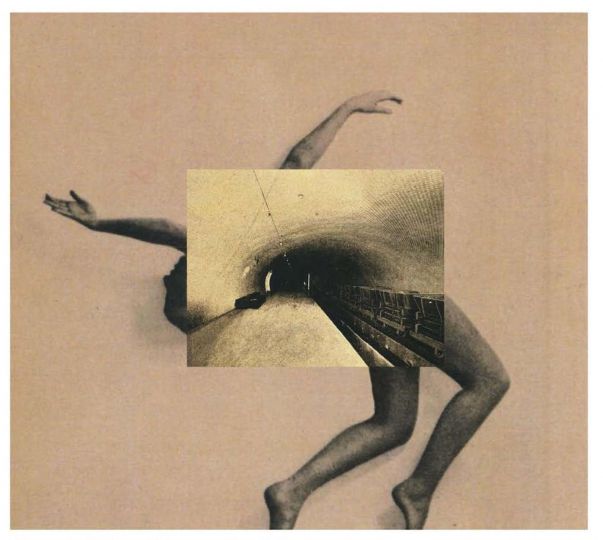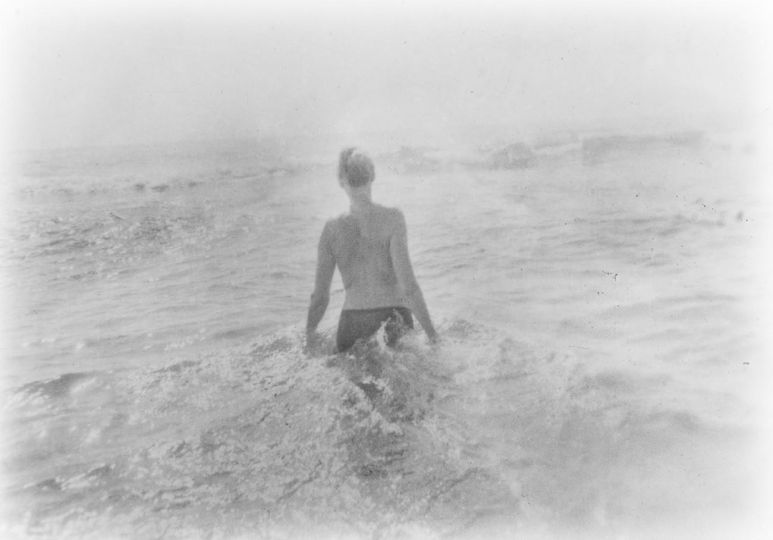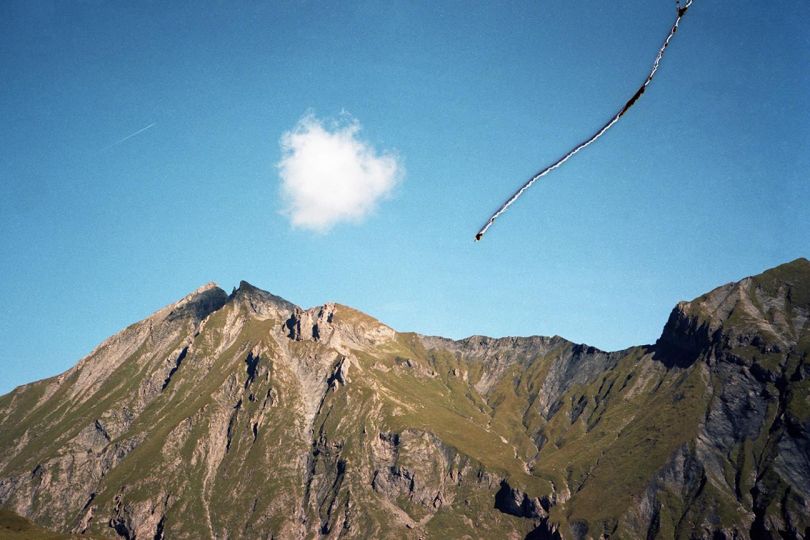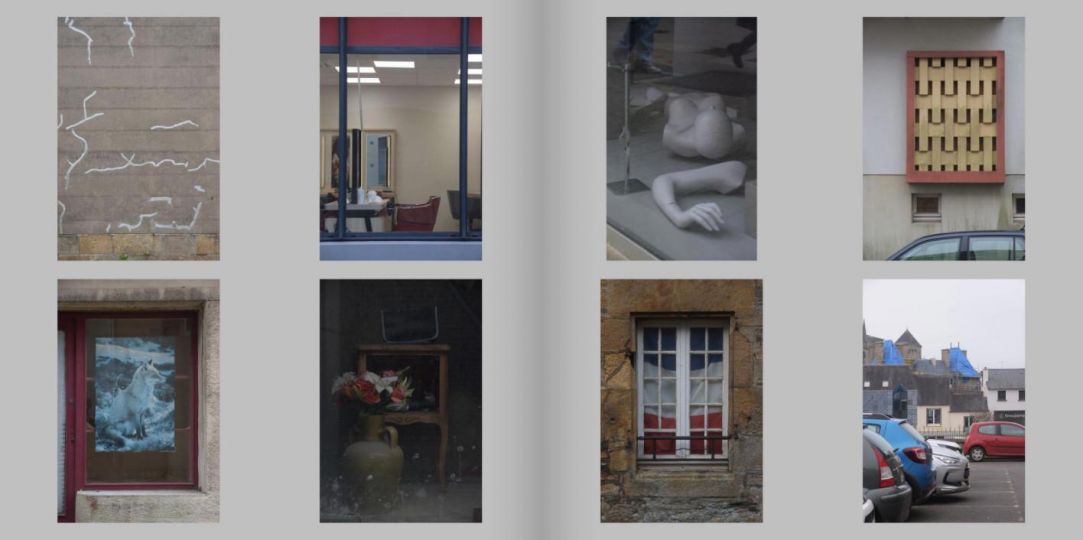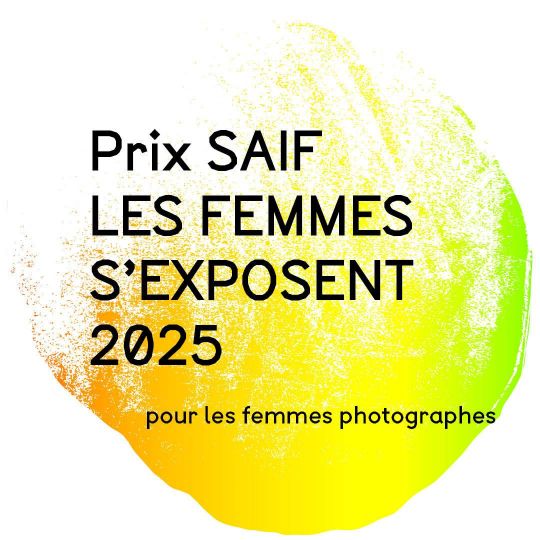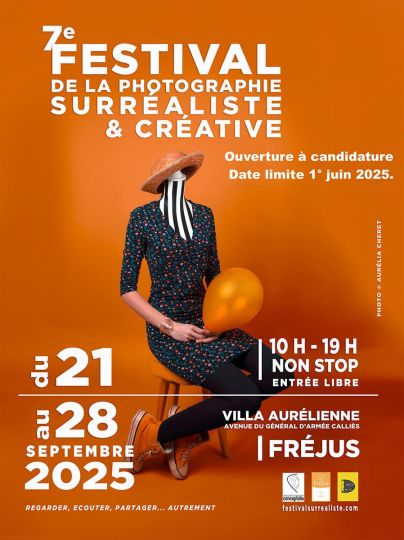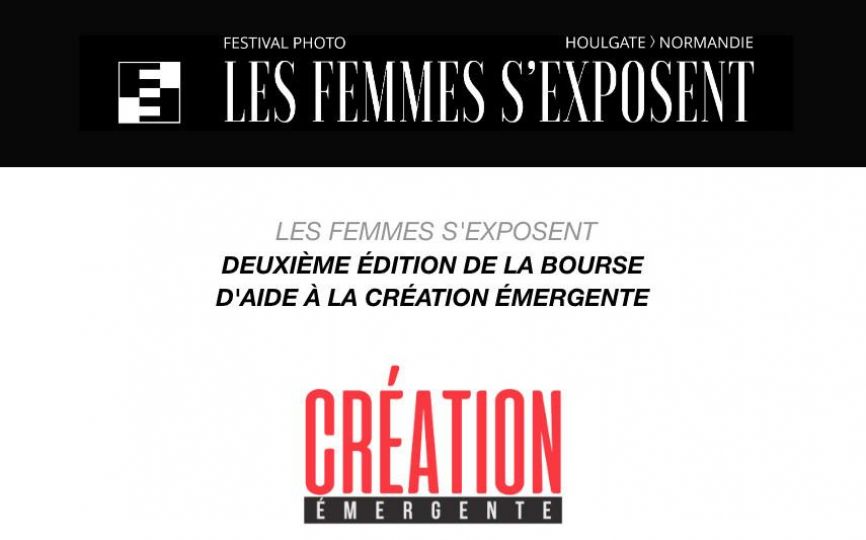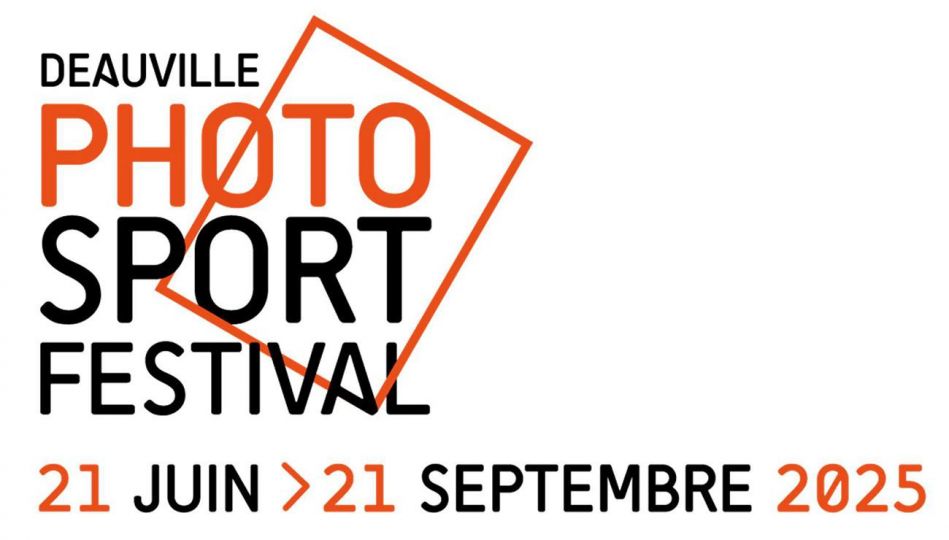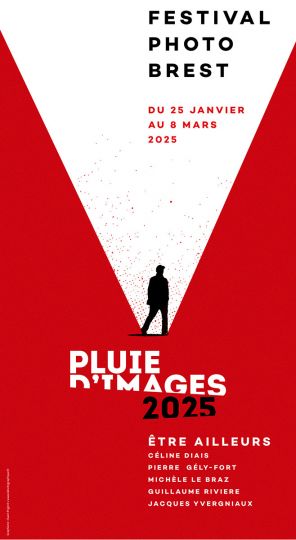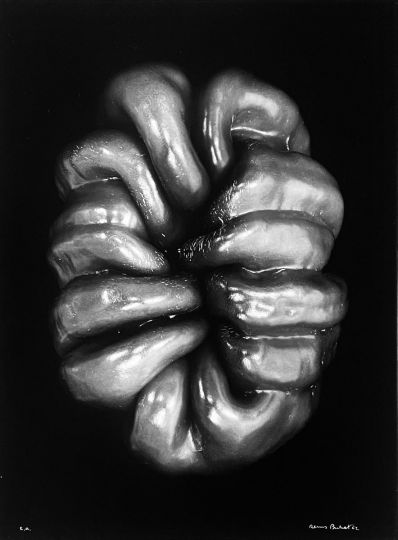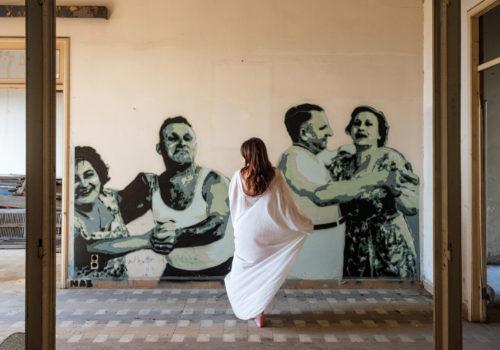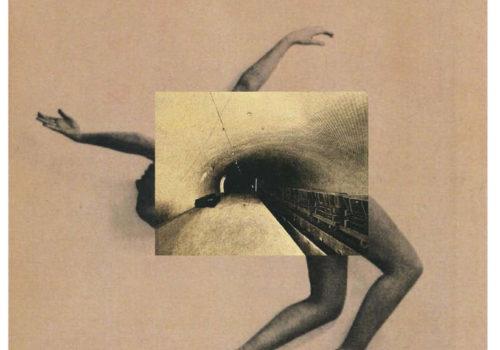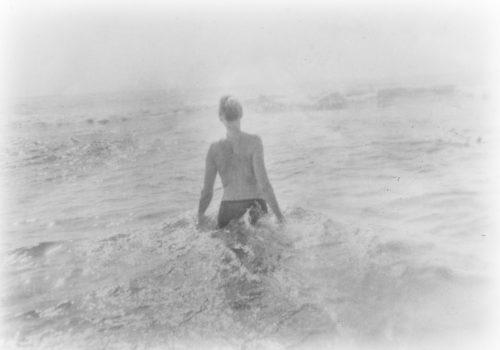EXHIBITIONS
Jours intranquilles
A Frenchman of Algerian origin, Bruno Boudjelal practices photography as a lifestyle where the questioning of his own identity is endless and confronts us with our own. When his father decided to return to Algeria, he accompanied him and at the same time discovered a country, a family, a violent world, and landscapes he could relate to as well as people with whom he interacted without really knowing his true place. From there, ten years of a very personal exploration of Algeria followed. His travel diary and his testimonial work saw him shift from balck and white pictures , to colors, while it gradual dawned on him that his point of view was only subjective, and indelibly marked by his personal history. Nevertheless, his curiosity drove him to put some perspective into everyday life and History.
The exhibition “Jours intranquilles, chroniques algériennes d’un retour” is composed of three parts : “Les Voyages à Sétif”, “Bentalha, les lieux d’un massacre” et “L’Algérie d’Est en Ouest”.
Born in 1961 in Montreuil- sous-Bois (France), Bruno Boudjelal obtained a post-graduate diploma from the French School for Advanced Studies in Social Sciences (École des Hautes Études en Sciences Sociales) His work in Algeria began in 1993, when for the first time he discovered his father’s native country, of which, until then, he knew nothing. Since 2002, Bruno Boudjelal has worked with the VU’ photo agency and divides his time between Paris and Africa. Striding two continents and two cultures, he proclaims his ability to understand and to transcribe the complex issues existing between North and South.
Portraits de femmes
Omar D. also responded to Marc Garanger’s famous series called Revealed Women dating from the Algerian War, with his own vision of a country with a rich, yet unknown cultural heritage, by showing us veiled women in majesty in their traditional costumes.
Born in 1951 in Annaba in Algeria, Omar Daoud was trained as an ophthalmologist. He took up photography at the age of 20. He lives between Paris and Algiers, and has regularly exhibited his pictures since his work was first acclaimed during the African photography festival of Bamako in 1998.
PROJECTIONS
Devoir de mémoire
Omar D. has criss-crossed Algeria from East to West, looking for the numerous people who went missing during the 90’s. Of these people, only remained a few mementos and some damaged passport photos. From these, Omar D. produced a tremendous bilingual book called Devoir de Mémoire / A Biography of a Disappearance that we shall present in the form of a projection.
Untitled
Cardboards boxes strewn alongside a pavement are seen to form a peculiar assemblage. We can recognize them as makeshift shelters. Made from the refuse of our consumer society, these cardboards boxes become facades. From this fragile architecture, a woman emerges and makes a placard that contains no slogan; a wordless piece of cardboard. While raising the placard, the woman is joined by other women. The silent uprising is then set in motion. Can it be considered a revolution ?
In addition to other works, Katia Kameli presents Untitled, a video made in 2011 within the framework of a collaborative exhibition about Algeria.
Katia Kameli was born in 1973. She is a multidisciplinary artist living in Paris. Her work cannot be disassociated from her own experience and from her multi-faceted identity. As a protean artist, she expresses the intermediary phase during which the feeling of belonging is rejected in favor of multiplicity. Therefore, she takes up a hybrid position, a kind of “third space” which enables the emergence of other visions, positions, and forms. This third space muddies the waters of stories which make it up by putting them in a “critical state”, and thus allowing the re-interpretation back and forth between “History” and the stories. The heterogeneous forms she manipulates, such as video, photography, installations, drawings, all contribute to this shifting state.
Algérie indépendance
Marc Riboud first went to Algeria in 1960 to cover the armed conflict. He returned regularly, and in 1962 photographed the most crucial moments of Algerian Independence. Rarely shown in French newspapers at the time, these images still possess an undeniable power and emotion, as the Algerian War—known to Algerians as the “War of National Liberation”—remains a sensitive subject in France’s collective memory.
Marc Riboud was born in 1923 in Lyon. He took his first pictures in 1937 at the Exposition Universelle in Paris. He fought for the French Resistance during World War II, returning to his hometown after the liberation to study engineering. In 1948, he left engineering behind to focus on his passion: photography. He was published in Life magazine and joined the renowned Magnum photo agency, traveling the world from East to West with his camera. In the 1960s he covered the independence movements in Algeria and Western Africa, and later the Vietnam War. The recipient of numerous awards, Marc Riboud’s work has been exhibited and published all over the world.
Algérie
Until June 3rd 2012
Boulodrome Agrocanet
Quai des Moulins 34200 Sète
France

